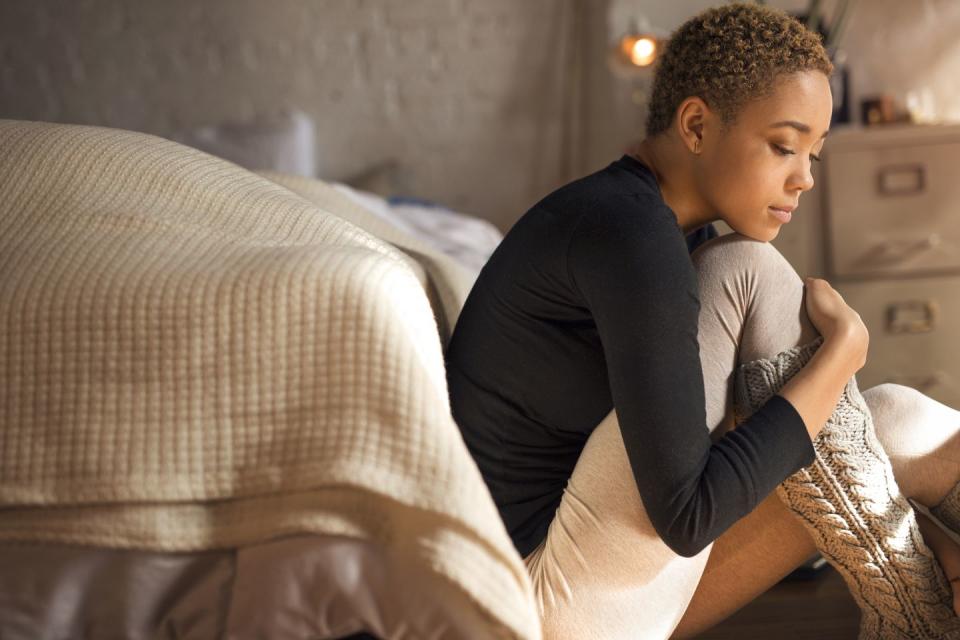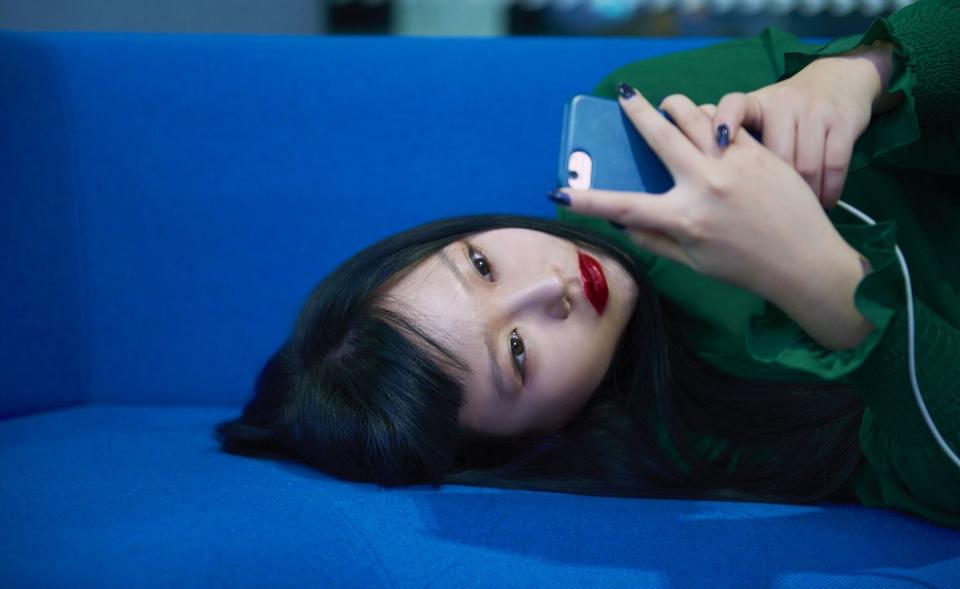Do you get health advice from social media? Here's why you should be careful what you read
In the office of a private gynaecologist in central London, I nervously waited for my appointment, convinced that I knew what was to come. Even though I was a healthy 27-year-old woman with no family history of fertility concerns, I was worried about my ability to have a child. I'd forked out for private scans, which thankfully came back clear, but I was still baffled: something had to be wrong. After all, according to multiple Instagram sources, I have textbook symptoms of PCOS, which is the UK's leading cause of infertility.
When Covid-19 hit our social-media feeds, we were all encouraged not to take scaremongering Facebook posts from our aunt's friend's sister at face value, and instead consult the World Health Organisation (WHO) for reliable health information. We were warned to question what we read online and to fact-check articles before sharing clickbait headlines, but social media nonetheless exploded with more health content than ever before. These days, health advice is a commonplace feature of the social-media experience.
A readily available source that can help us to identify troubling symptoms does have its benefits, but sometimes the information we find on social media can be hindrance, as much as a help. So where does the line sit? It depends where the information comes from, according to Jordan Vyas-Lee, psychotherapist and co-founder of mental-health care clinic, Kove.
"Social media is not a good source of medical information," he explains. "What we read on social media comes with no guarantee of validity, since information can be shared by non-experts, which is not then moderated. The issue with these videos is that you don’t necessarily know who is presenting the material — often a lay person is speaking on health issues, rather than a qualified professional."

Psychoanalytic psychotherapist Anna Sergent believes that health information on social media can be a real force for good, as long as it's accurately represented.
"Information is power when it comes to health but it does depend on what we do with it and if it is evidence-based," she says. "From my perspective, it is positive that health professionals are being active on social – as long as they are qualified and experienced medical professionals who present the information in a measured and factual way."
However, Sergent warns that huge amounts of readily available advice on the internet might encourage constant symptom-checking and mis-diagnosing – which can be a source of anxiety, and lead to a delay in seeking proper medical help.
"Symptom-spotting may change into an obsession or a compulsion where the person will obsessively think about their possible symptoms or compulsively check for them," says Sergent. "Often, even if we are seeking medical help, the waiting list may be long and this may discourage people from waiting. Instead, people seek treatment or buy medication online."
Over-analysis can lead us to catastrophising, says Vyas-Lee. "Ultimately, health information is highly charged material because it’s threatening to us," he explains. "Health problems represent mortal danger to our nervous systems, so we find this type of information very hard to interpret objectively, unless we’re reading with a critical eye."

There are some situations in which social media can be a useful source when it comes to health concerns, and it may help us identify conditions or concerns we might otherwise have missed. Treatment for women's health issues in particular is woefully underserved; many women feel they haven't been taken seriously in the doctor's office, and medical students only officially began training in women's health issues in 2022.
In the end, it turned out that I was right: I have been diagnosed with PCOS — as suspected — and have adapted my life to manage it. I knew in my gut that something was wrong, and there's a lot to be said for following that. Though using social media to self-diagnose can undoubtedly be dangerous in some cases, I can't help but feel that for me, it was helpful. I had been to the doctor about my symptoms on many occasions, like countless other women — but would I have advocated for myself quite so much without the information my Instagram feed had armed me with?
"It's important that more women [speak openly about] their specific health issues," says Sergent. "Nowadays, topics around female health are less of a taboo and women seem more comfortable speaking openly about their struggles with infertility, pregnancy, miscarriage, or menopause."
Normalising otherwise hidden experiences is a clear benefit of social media use, and Vyas-Lee agrees that this can be powerful. "Social media provides a good outlet for people to express things, and allows for dissemination of information to the masses. Celebrities putting out information around how they feel normalises otherwise hidden issues."
There's no doubt that the shattering of taboo health topics is a great thing, but monitor your activity and be aware of checking your symptoms too obsessively. Always research whether sources are reliable; Vyas-Lee's advice is to stick to those who draw from research and evidence. "Big reputable organisations and charities tend to disseminate the best guidance," he says. In short, feel free to use social media as a starting point when it comes to any health concerns, but be cautious about placing too much trust in what you find online. And, when in doubt, seek real, concrete medical advice — an actual doctor will usually be far more helpful than a TikTok user espousing tips from their bedroom.
You Might Also Like


